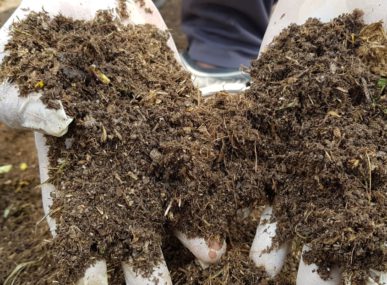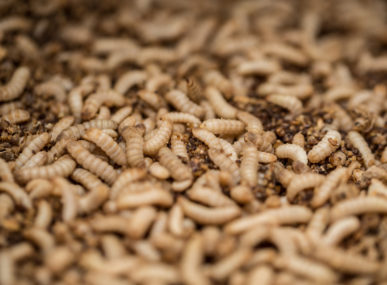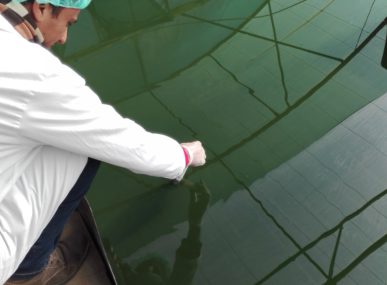Apart from Bou Obeid, Bioland’s General Manager Gilbert Khoury is largely invested in making Bioland the biggest organic producing business in Lebanon. Khoury started working with Bou Obeid at his transporting company, Connex. “I joined Bioland in late 2015. When we first came into the market, there was only one competitor and the set prices were very high, while ours were half of that,” Khoury says.
Bioland’s current comprehensive plans:
Bioland may have started off as a business-to-business initiative, but now they have retail stores to cover the need for organic products under Boubaid’s adopted slogan, “Organic for all”.
The prospective giant is no stranger to collaborations that relate to other environmental and social issues. The company has paired with Society for the Protection of Nature in Lebanon (SPNL) on raising awareness and helping with endangered animals. “We have some Bioland labels where you can find endangered species on Bioland products with 5% of the revenues going back to SPNL. There are also stories on the back of the labels of these species,” Khoury adds.
Bioland is also open to any partnerships that could benefit all parties involved. The initiative’s connection to the community goes far beyond spreading knowledge around organic farming. For example, they have partnered with the UN to employ three Syrian refugees for a total of three months as part of an internship where they learned about the dairy products, plantation and more.
But Bioland’s approach to gain an audience does not go without challenges. The Lebanese community still regards organic products as luxury items. “People would buy organic just so they show their guests that they’re eating organic. However, people are slowly becoming more aware, but the problem is the purchasing power of the Lebanese people as we’re going through an economic crisis,” Khoury adds.






